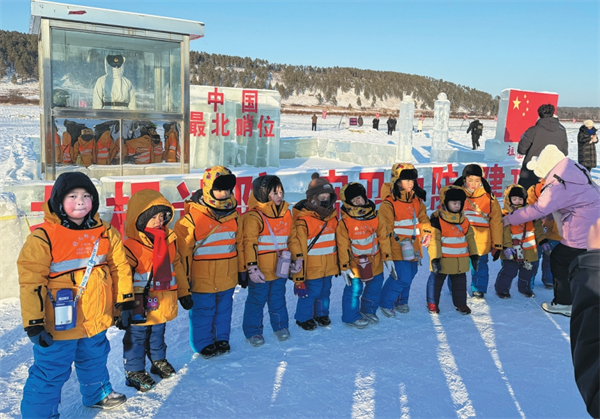Home>Biz updates
Policy briefing on China-South Korea FTA takes place in Harbin
Updated : 2021-04-23
By ( e.my399.com )
The event was jointly sponsored by the management bureau of the Harbin area of the China Heilongjiang Free Trade Zone, Korea Trade and Investment Promotion Agency and the Overseas Trade Committee of the China-Asia Economic Development Association.
It was attended by representatives of foreign trade enterprises from China and South Korea.
The negotiations for the China-Korea Free Trade Area were officially launched in May 2012, aiming to provide institutional guarantees for trade in goods between the two countries and expand cooperation in emerging strategic service areas such as e-commerce, energy conservation, environmental protection and financial services. The negotiations also aimed to build a standardized, stable and predictable cooperation framework.
The China-South Korea Free Trade Agreement was formally signed on June 1, 2015.
During the briefing, Harbin International Investment Promotion Company made a presentation interpreting the preferential policies of Harbin New Zone and Harbin’s free-trade zone, introducing relevant measures to promote cooperation between Chinese and Korean enterprises and explaining in detail the system advantages and leading industries of the free-trade zone.
Harbin Customs introduced Heilongjiang province's customs clearance policies, providing references for corporate strategic development and actual business.
The economies of Harbin and South Korea are highly complementary, and there is huge room for further deepening trade cooperation.
The China-Korea Free Trade Agreement has brought new opportunities for Harbin to deepen economic and trade cooperation with South Korea and promote opening up and economic development.
In 2020, the bilateral trade volume between China and South Korea reached $285.26 billion, a year-on-year increase of 0.3 percent.

Harbin ramps up childcare services
A new comprehensive service center for childcare in Harbin is expected to be finished by the end of the year.
-
Talent policies drive enterprise development in Harbin
Harbin's "30 New Talent Policies" represents an iterative upgrade to the talent policy system, helping attract and retain talent to bolster economic and social development.
-
Official website of 2025 Asian Winter Games goes live
Harbin, the host city of the 9th Asian Winter Games, has announced that the official website for the 2025 event has recently gone live.
-
Harbin launches measures to facilitate more foreign trade
In the first three quarters of 2023, the total import and export value of Heilongjiang province's goods trade hit 218.22 billion yuan.





